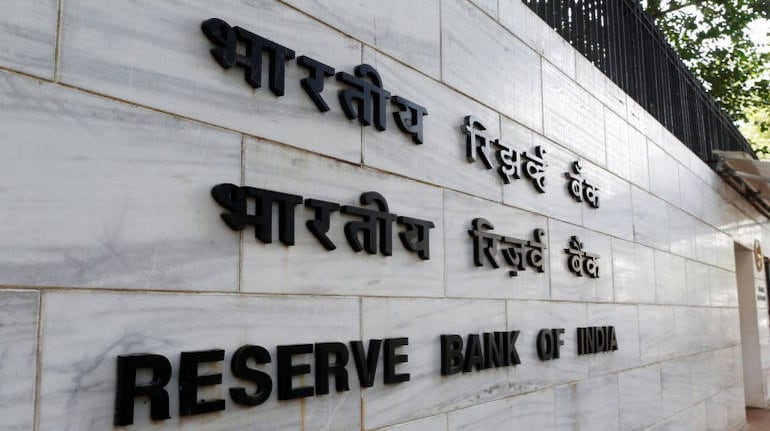
The Reserve Bank of India (RBI) might consider allowing a one-time loan restructuring scheme taking into account the severe impact of the COVID-19 crisis on the economy, according to people familiar with the development.
“The idea seems to be gaining ground considering that a large number of stressed cases are likely to come up in the COVID-19 economic scenario,” said a banking industry official who spoke on condition of anonymity.
According to the person quoted above, the one time restructuring scheme will cover all COVID-19 related stressed loans impacted mainly during the lockdown period.
This is likely to be discussed in the RBI board meeting scheduled for today. The government has been pushing for a one time loan recast facility from with RBI in view of the likely bad loan issues in the banking system. Both banking and non-banking companies too have been asking for this.
A one time loan restructuring scheme will allow banks to give more time for borrowers to pay back money, reduce interest rate, even take a haircut or a combination of all these depending upon the nature of the cases.
This idea was discussed in multiple meetings between the regulator and industry representatives in the recent past. COVID-19 lockdown that started in March last week has impacted the operations of the industry in a big way. This has affected the cash flows of the companies and their ability to repay banks.
In May first week, Non-banking finance companies (NBFCs) had asked the RBI to permit one-time restructuring of all loans considering the economic scenario in the wake of COVID-19 lockdown. Earlier, the RBI had allowed banks and NBFCs for a one-time restructuring of loans given to micro, small and medium enterprises (MSMEs).
The scheme was recently extended till December 3, 2020, after the government requested the RBI to do so. This time, the central bank is expected to extend the scope of the scheme beyond MSMEs.
If RBI permits this demand, this will be a big relief to NBFC borrowers since economic activities have slowed to a trickle on account of the prolonged lockdown.
Banks are expecting a major spurt in NPAs once the loan moratorium announced by the RBI gets over by August 31. Already, Indian banks are sitting on gross NPAs to the tune of around Rs 9.25 lakh crore.
Although banks can restructure loan accounts, without RBI permission lenders will have to set aside substantial money to cover such loans in the form of provisions.
This will impact the profitability of banks. If RBI permits a one-time facility considering this as a special situation, banks do not need to make extra provisions.
Moratorium only temporary relief
The moratorium scheme announced by the RBI, initially for three months, March-May, and later for another three months (June-August) is only a temporary relief for companies. This, in a way, hides the actual stress on the books of banks for the time being.
Banks, which have offered moratorium to all categories of term loans across different segments of borrowers, fear that some of the borrowers (especially corporate borrowers) who have availed the facility, may not be able to resume payments. This could lead to a spurt in bad loans.
The most affected segment is MSMEs, which do not have a significant capital buffer unlike large companies. The businesses of MSMEs were severely affected in a slowing economy, even before COVID-19 hit the economy. Their operations were impacted further during the COVID-19 onslaught.
The Rs 3 lakh crore MSME loan scheme announced by the government is unlikely to help the stress in the sector in a big way on account of the demand situation on the ground.
MSMEs are not keen to borrow more from banks in the backdrop of poor business situation. Unless these companies can generate enough revenues, repayment of these loans could be difficult.
One such example is of the organised apparel retail sector that is hit badly due to lockdown resulting in shattered economic activity.
According to rating agency CRISIL, revenue of the Rs 1.7 lakh crore organised apparel retail sector is set to plummet 30-35 percent this fiscal because of temporary store closures, restricted mobility and low income visibility for consumers.
"While operating profitability is expected to be impacted by around 200 basis points (bps), the absolute fall in operating profits will be much sharper, necessitating additional funding, mainly debt, by firms to make up for cash flows," CRISIL said.
Discover the latest business news, Sensex, and Nifty updates. Obtain Personal Finance insights, tax queries, and expert opinions on Moneycontrol or download the Moneycontrol App to stay updated!